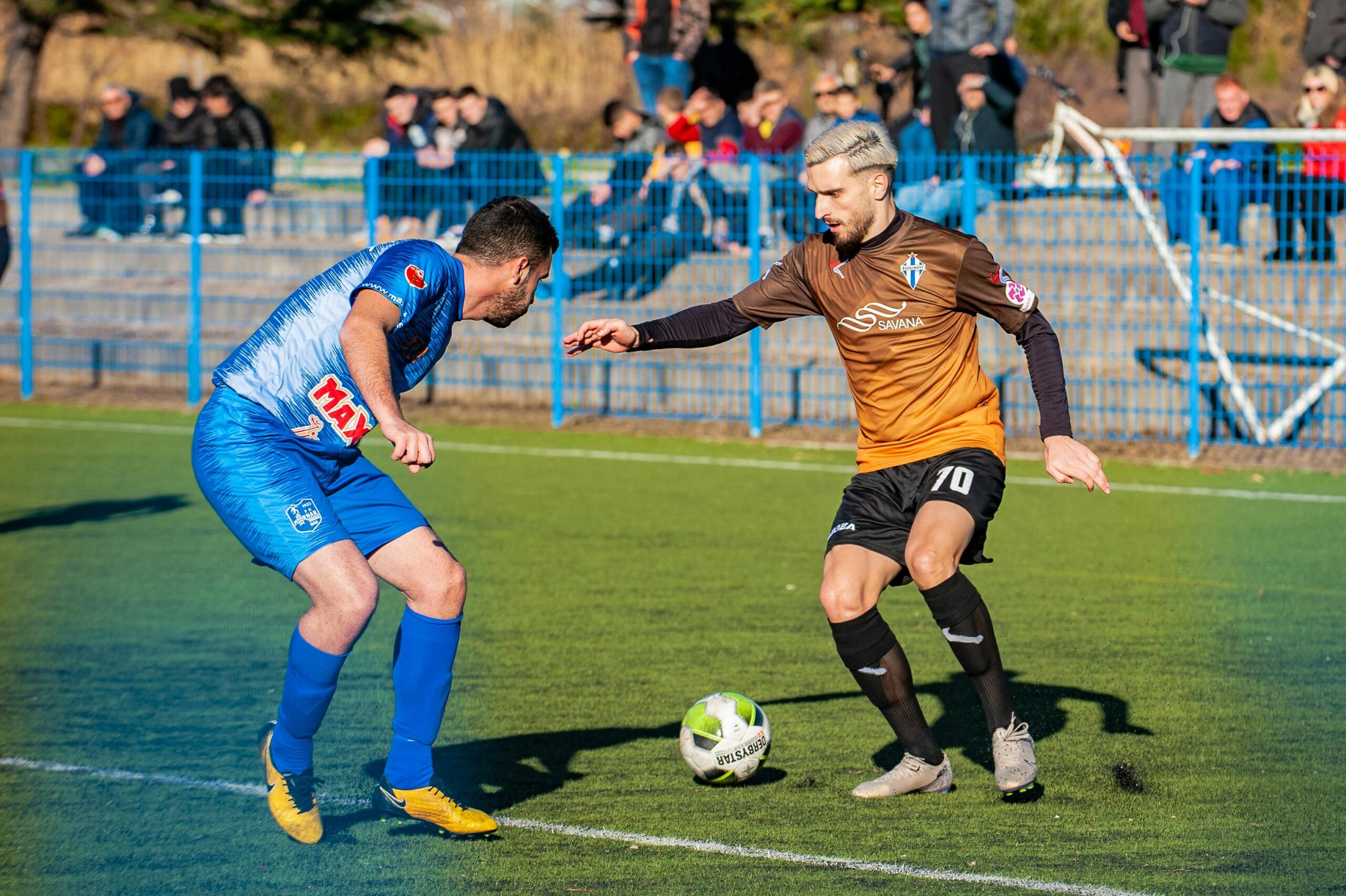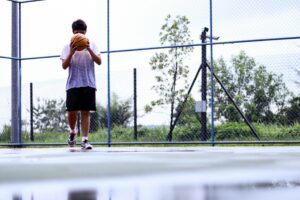As a student-athlete, finding the equilibrium between rigorous academic demands and intensive athletic commitments is paramount to your success both on and off the field. This delicate balance requires careful planning, effective time management, and a proactive approach to ensure that you excel in both realms of your college experience. Let’s explore some essential tips to help you navigate this dual responsibility with confidence.
Establishing a Structured Schedule
Central to achieving balance is establishing a structured schedule that accommodates both academic and athletic obligations. Begin each semester by creating a detailed timetable that includes class schedules, study sessions, practice times, and competition dates. By visualizing your commitments, you can identify pockets of time for focused academic work without neglecting your athletic training.
Prioritizing Time Management
Effective time management is key to successfully juggling academics and athletics. Prioritize tasks based on deadlines and importance, allocating sufficient time for studying, completing assignments, attending practices, and maintaining personal well-being. Utilize tools such as planners, digital calendars, and task management apps to stay organized and ensure no commitments slip through the cracks.
Utilizing Academic Resources
Take advantage of the academic resources available to student-athletes on campus. Academic advisors, tutoring centers, and study groups can provide valuable support and guidance to help you navigate challenging courses and manage academic stress. Establishing a relationship with professors early on can also facilitate open communication and accommodations when necessary due to athletic commitments.
Maintaining Physical and Mental Health
Balancing academics and athletics requires maintaining optimal physical and mental health. Prioritize sleep, nutrition, and hydration to support recovery and sustained energy levels. Regular exercise and mindfulness practices can also alleviate stress and enhance focus, contributing to overall well-being and academic performance.
Communicating Effectively
Effective communication is essential in managing expectations with coaches, professors, and teammates. Keep lines of communication open regarding academic responsibilities, competition schedules, and any potential conflicts that may arise. Proactively discuss strategies for balancing academics and athletics to ensure mutual understanding and support.
Setting Realistic Goals
Set realistic short-term and long-term goals that align with both academic and athletic aspirations. Break large tasks into manageable steps, celebrating milestones along the way. By setting clear objectives, you can stay motivated and track progress in both arenas, fostering a sense of accomplishment and resilience.
Embracing the Student-Athlete Experience
Above all, embrace the unique opportunities and challenges of being a student-athlete. Recognize that the skills acquired through balancing academics and athletics—such as time management, discipline, and teamwork—are invaluable assets that will serve you well beyond college. Embrace the journey, learn from setbacks, and cultivate a growth mindset to continually improve and thrive in all aspects of your collegiate experience.
Wrapping things up
Balancing academics and athletics is a challenging yet rewarding endeavor. By establishing a structured schedule, prioritizing time management, utilizing academic resources, maintaining physical and mental health, communicating effectively, and setting realistic goals, you can excel in both areas. Embrace the journey and leverage the skills you develop as a student-athlete to achieve success in college and beyond.
For more resources and to find a private coach, visit Athletes Untapped.




